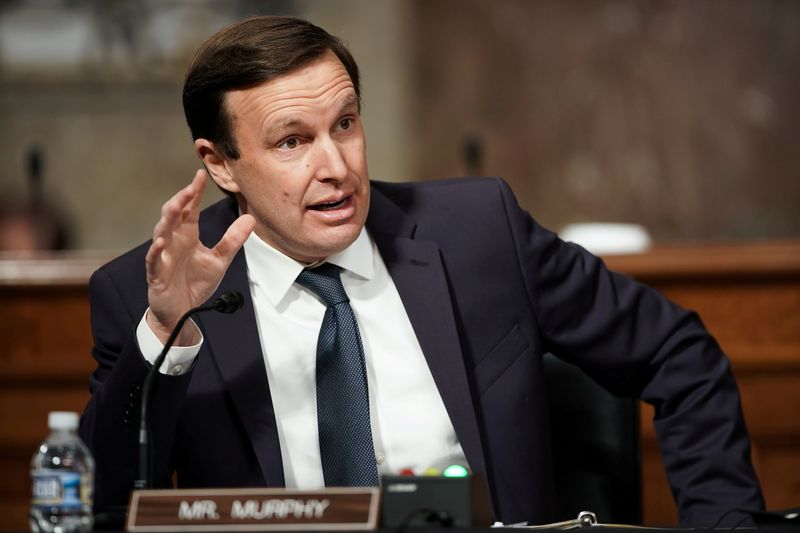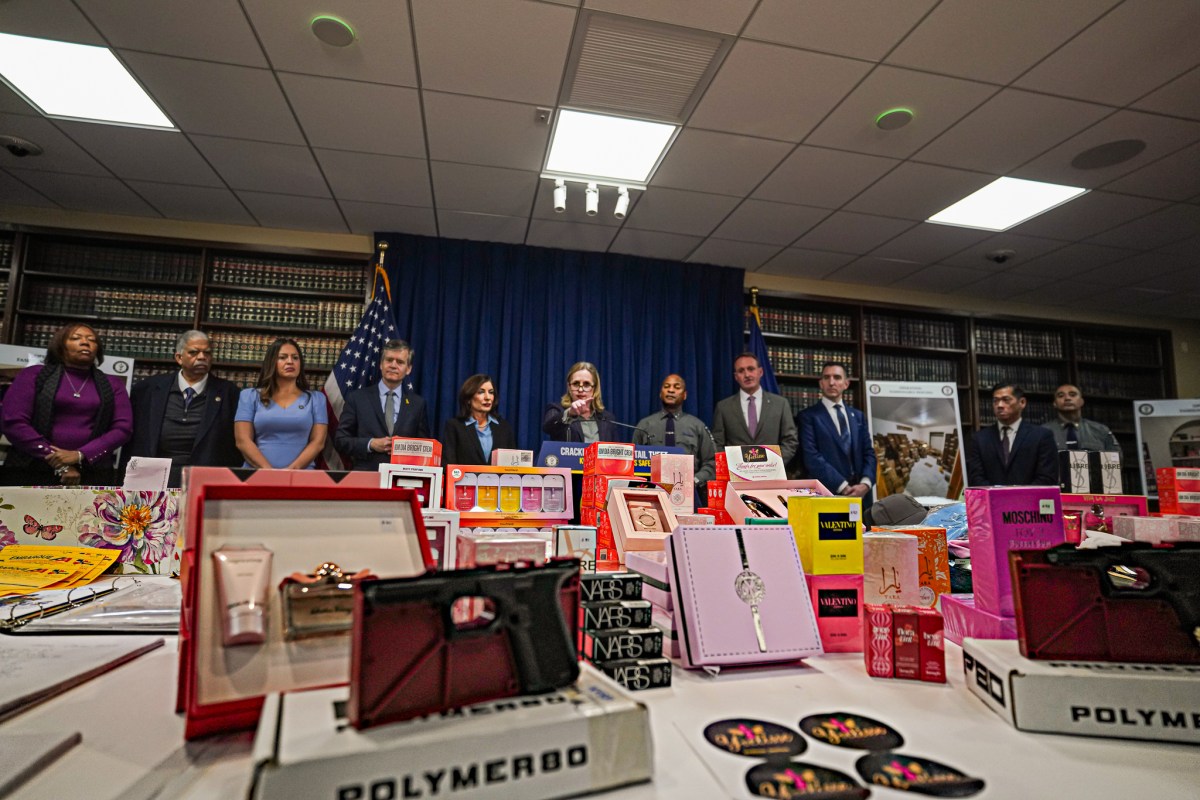WASHINGTON (Reuters) – Democratic U.S. lawmakers on Tuesday proposed an increase of $12 billion in the country’s foreign affairs budget, hoping to prod President Joe Biden to boost funding for diplomacy after years of flat spending.
Senators Chris Murphy and Chris Van Hollen and Representatives David Cicilline and Ami Bera said the 20% spending increase would enhance the country’s ability to compete with China, prevent another pandemic and fight climate change.
Competing with China has been the focus of foreign affairs in the first weeks of the Biden administration. Secretary of State Antony Blinken is using his first trip abroad to shore up Asian alliances in the face of growing assertiveness by Beijing.
“These are all threats to the United States and our allies that cannot be met with military investment alone,” Murphy said on a call with reporters. The lawmakers contrasted U.S. spending with far greater amounts he said, for example, that Beijing expends to promote Huawei 5G technology.
“China has doubled their diplomacy budget in the last 10 years,” Cicciline said.
The lawmakers proposed funding of $68.7 billion for the State Department and U.S. Agency for International Development, versus the current $56.6 billion.
Republican former President Donald Trump tried repeatedly to slash foreign affairs spending, instead prioritizing increases in military spending and tax cuts.
Lawmakers from both parties opposed those plans, saying it was essential to preserve U.S. “soft power” on the world stage, but one result was that spending on diplomacy remained flat.
One Senate aide said the lawmakers had run their proposal by Biden’s State Department, in the hope that it would “kick off a conversation with them about progressive priorities.”
Separately, 50 House of Representative Democrats wrote to Biden on Tuesday urging him to cut the Pentagon’s budget
Biden is not expected to send his first budget request to Congress for several weeks.
The country spends $740 billion a year on the military.
(Reporting by Patricia Zengerle; Editing by Bill Berkrot and Marguerita Choy)





















